Welcome to the Health Conditions section of Pill Day. Here you’ll find easy‑to‑read overviews of common illnesses, what to look for, and tips to feel better. Whether you’re dealing with hormone changes, skin issues, or serious diagnoses, the goal is to give you clear facts without the jargon.
Each article breaks down the condition into three parts: what it is, the main signs you might notice, and practical steps you can take right now. For example, the “Natural Remedies for Boosting Progesterone Levels” piece shows how diet tweaks, sleep habits, and stress control can support hormone balance without prescription meds. The “Understanding Mottled Skin Discoloration and Its Link to Rosacea” guide explains why those red patches appear and gives everyday skincare tricks that actually work.
Start by picking the health topic that matches what you’re feeling. Scan the short description to see if it covers your question, then jump into the article for a quick rundown. If you’re coping with something heavier, like ovarian cancer or cell lymphoma, the pages include advice on communication, emotional coping, and where to look for support groups.
We also touch on lifestyle factors that can make a big difference. The “Alcohol and Seizures” article explains why cutting back or stopping drinking can lower seizure risk, especially if you have epilepsy. Knowing the trigger helps you plan safer social events or talk to your doctor about tapering safely.
All the information is based on current medical guidance and real‑world experience. We avoid medical slang so you can understand it in plain English. If a symptom sounds familiar, read the checklist in the article and see if the recommended actions match what you can do at home. Simple steps like staying hydrated, getting enough sleep, or adding a specific food can sometimes ease mild symptoms before you need a doctor’s visit.
Remember, these guides are educational, not a replacement for professional care. If anything feels urgent or confusing, reach out to a healthcare provider. Use the site as a starting point—think of it as a friendly toolbox you can open whenever a health question pops up.
We update the articles regularly, so you’ll always get the latest tips on supplements, drug interactions, and new treatment options. Bookmark this page and come back whenever you need quick, reliable info on a health condition.
Beyond the articles, Pill Day offers a Q&A section where you can type in a symptom and get instant suggestions on what to look for. We also feature a list of trusted supplements and over‑the‑counter options that pair well with common prescriptions, so you can avoid nasty drug interactions. Our goal is to keep you informed, confident, and ready to make the best choices for your health.
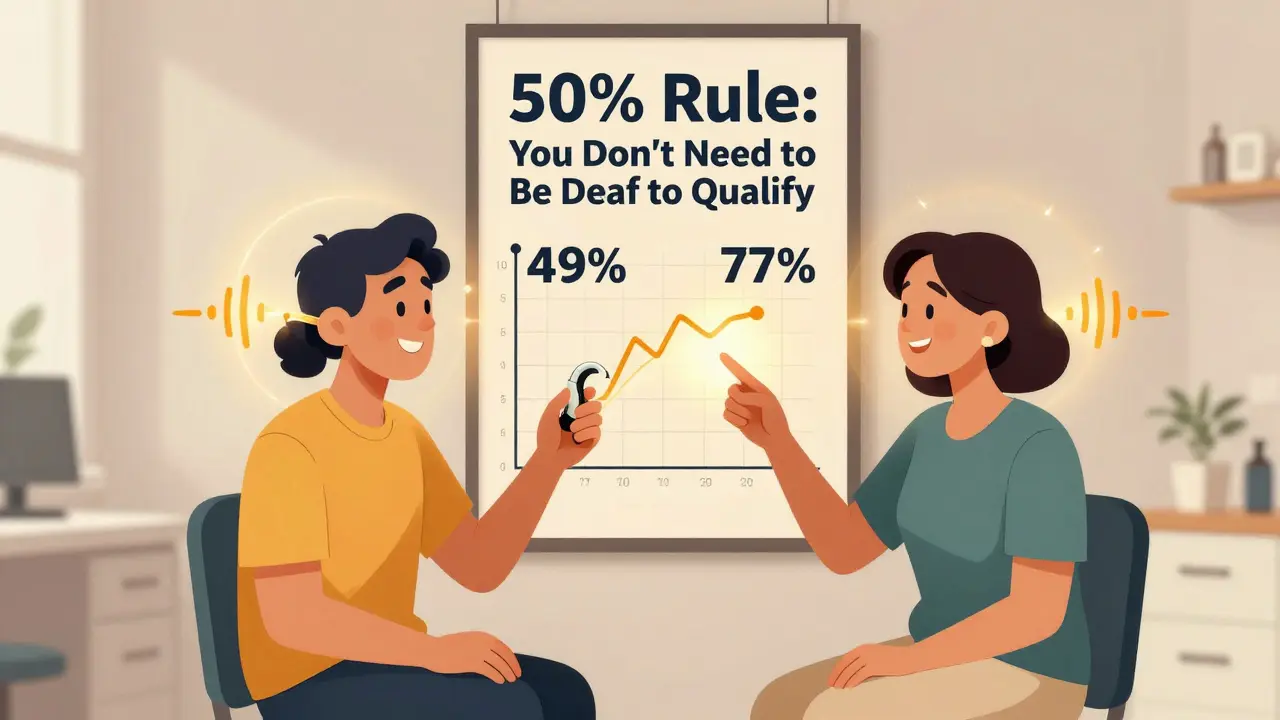
Cochlear implant candidacy has changed dramatically since 2023. You no longer need to be completely deaf to qualify. If hearing aids aren't helping you understand speech, you may be a candidate - and getting evaluated now could prevent long-term isolation.
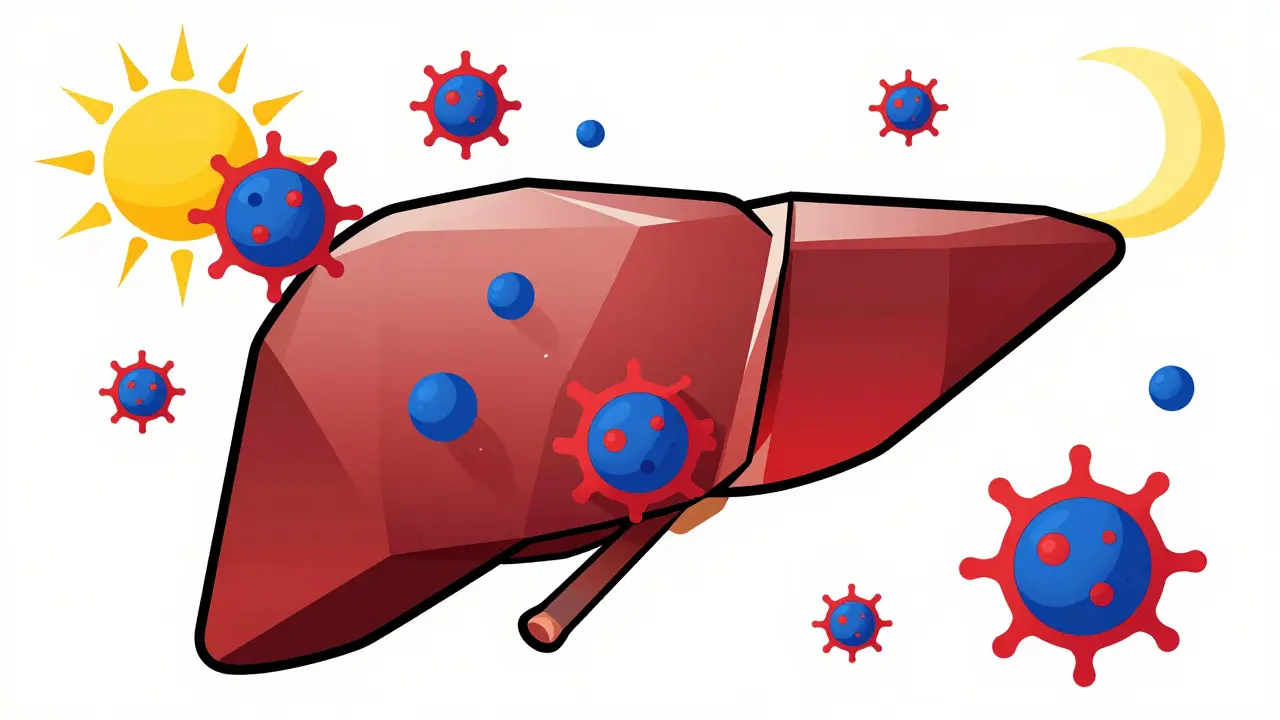
Autoimmune hepatitis is a serious liver condition where the immune system attacks liver cells. This article explains how it's diagnosed through blood tests and biopsies, why steroid and azathioprine combo is standard treatment, common side effects, and what to expect long-term. Updated with 2025 EASL guidelines.

Triple-negative breast cancer is aggressive and hard to treat, but new therapies like immunotherapy, PARP inhibitors, and personalized vaccines are changing outcomes. Learn the latest treatment strategies and clinical trials for 2025-2026.

Learn how to manage fibromyalgia pain through proven lifestyle changes, exercise, and CBT. Discover what treatments actually work, how to handle flare-ups, and where to find support without relying on pills alone.

DBT skills offer proven, practical tools for managing intense emotions, reducing self-harm, and surviving crises in Borderline Personality Disorder. Learn the four core modules and how to build a personal crisis plan.

Learn how spicy foods and common medications like aspirin and pantoprazole interact to trigger heartburn-and how to reduce symptoms with smart timing, diet tweaks, and personalized tracking instead of just popping antacids.
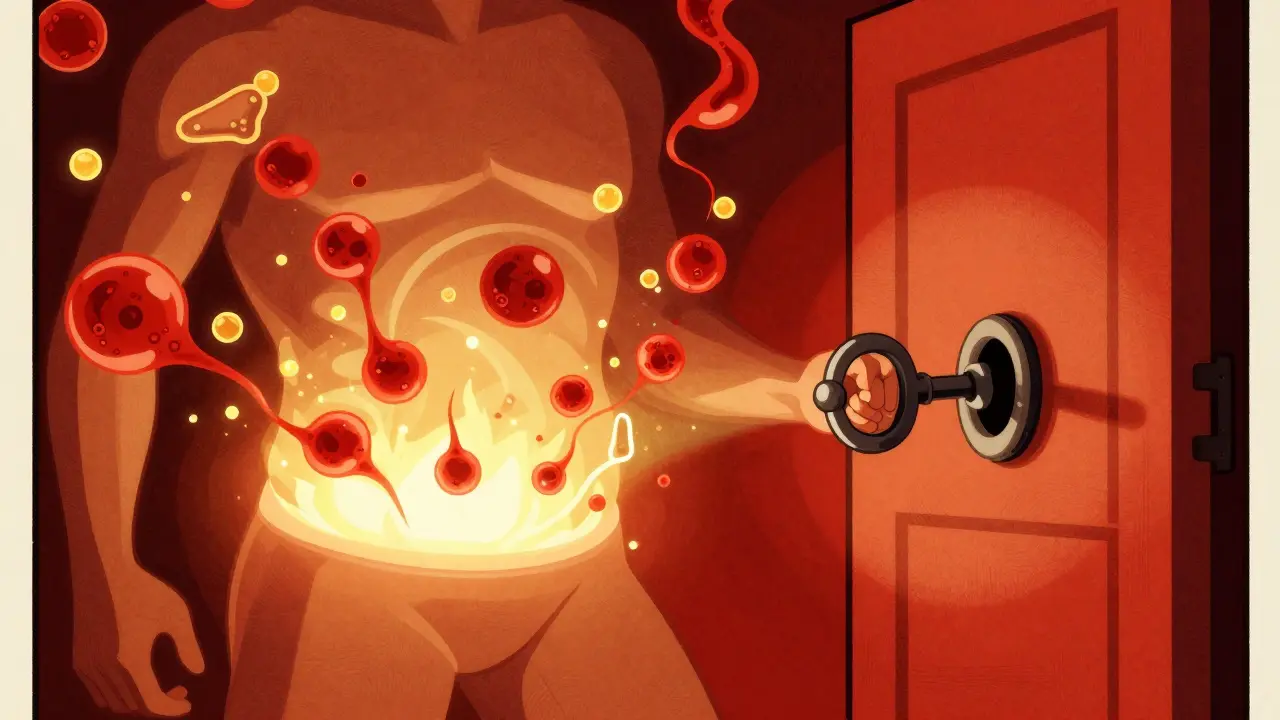
Metabolic syndrome is a cluster of conditions - high waist size, elevated triglycerides, and poor glucose control - that together raise heart disease and diabetes risk. Learn how they're linked and what actually works to reverse them.
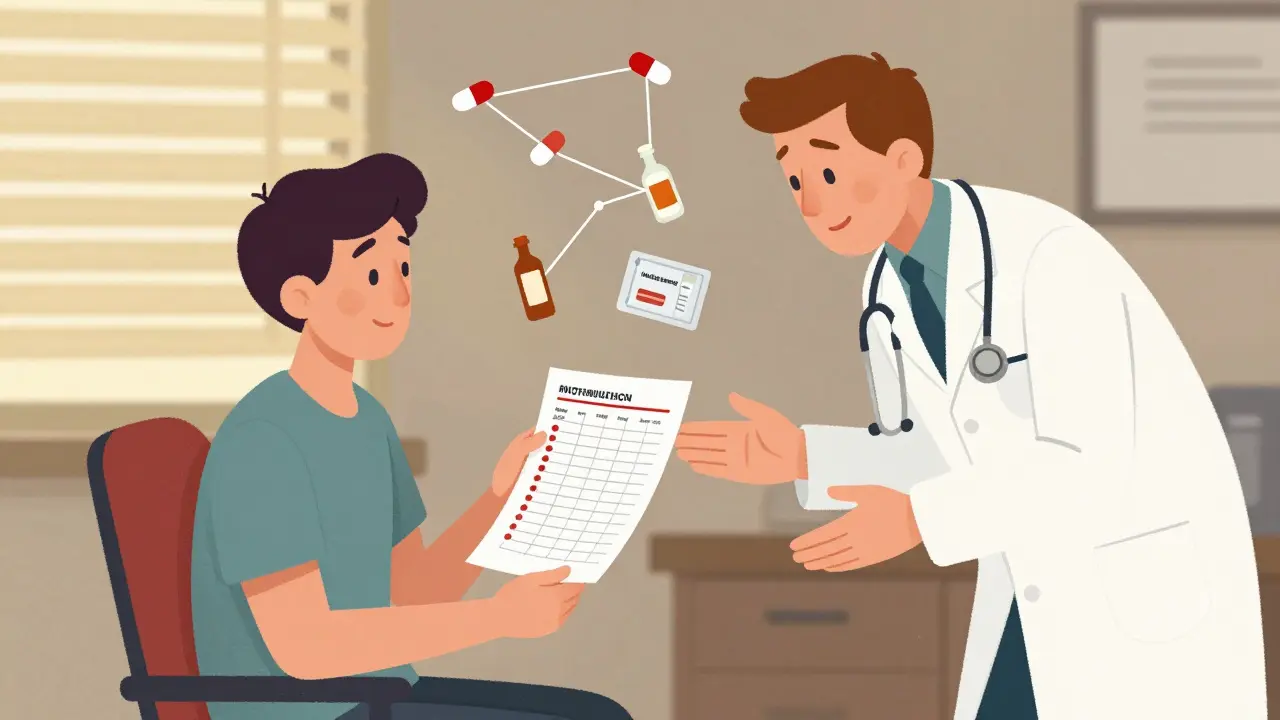
Learn how to talk to your doctor about overdose risk using clear, evidence-based language that reduces stigma and increases your chances of getting naloxone and support. No shame. Just facts.

PCOS makes weight loss harder due to insulin resistance, which drives fat storage, cravings, and hormonal imbalance. Learn how diet, timing, and lifestyle changes can break the cycle and improve health - without extreme diets.

Multiple myeloma bone disease causes severe bone damage in over 80% of patients. New drugs like romosozumab and denosumab are changing treatment by not just preventing bone loss-but healing it.
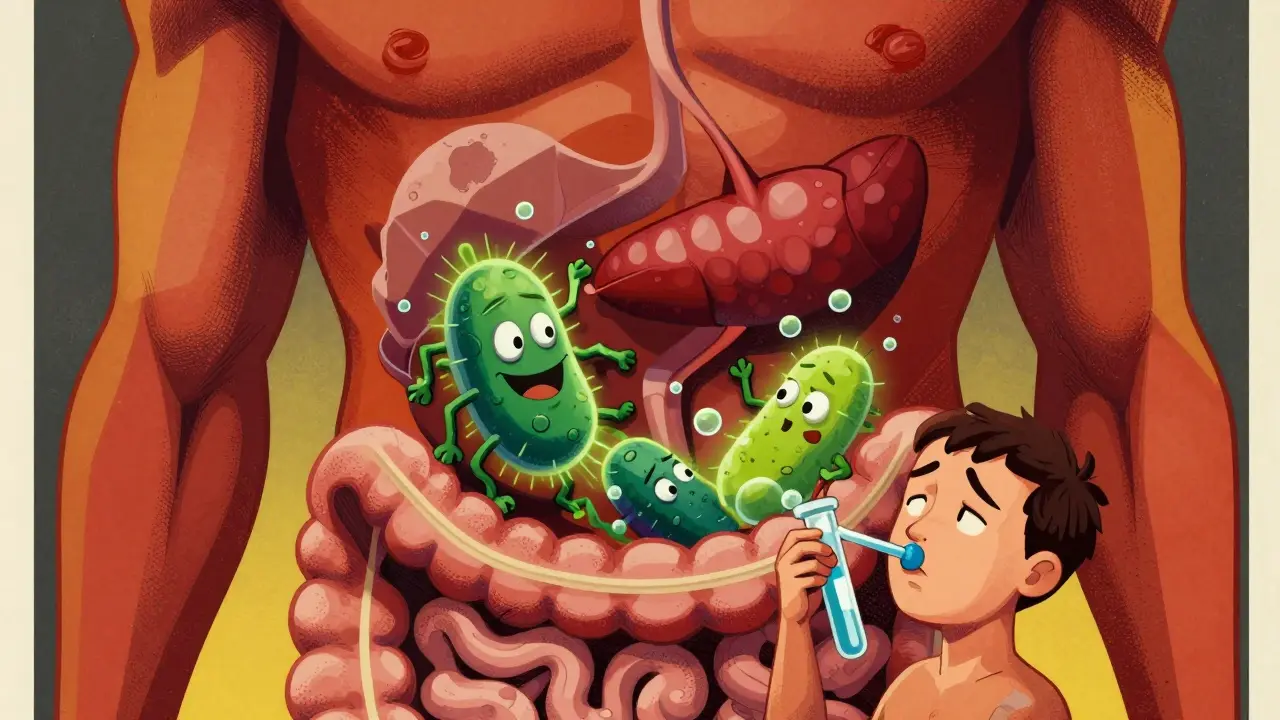
SIBO causes chronic bloating and digestive issues. Breath tests are the main way to diagnose it, but they’re not perfect. Learn how glucose and lactulose tests work, why they sometimes fail, and what treatments actually help-plus how to prevent recurrence.
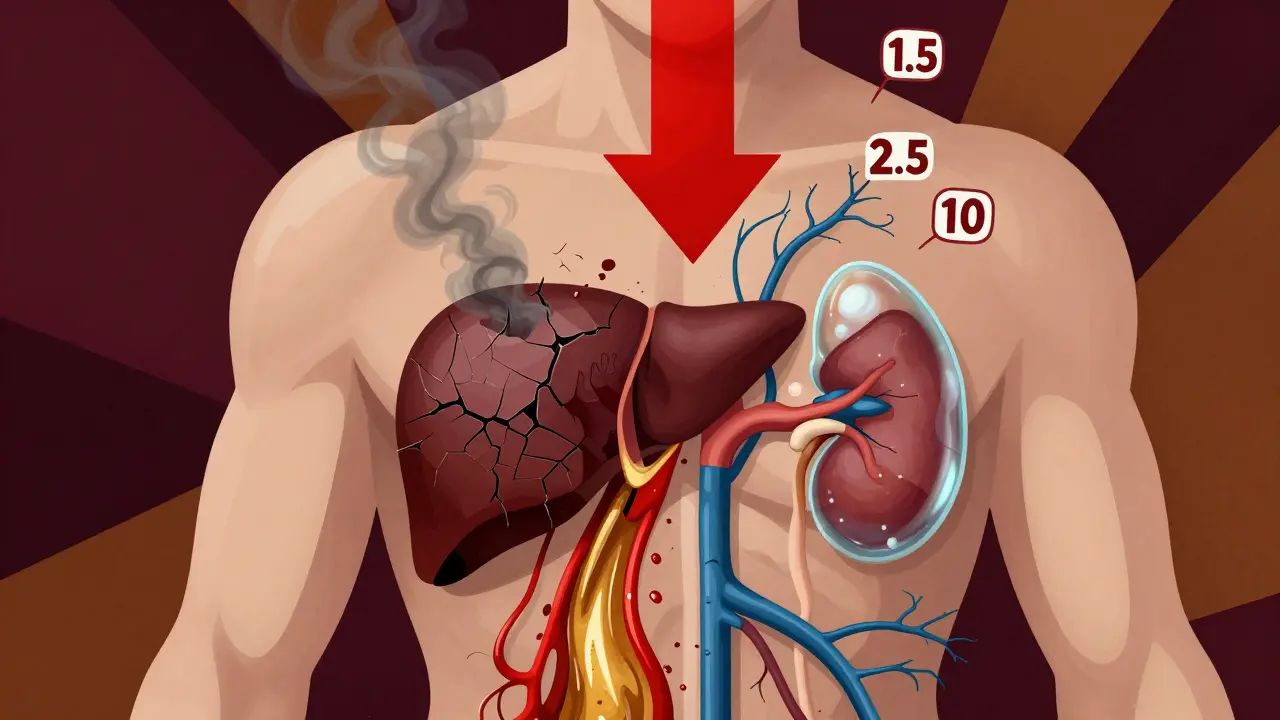
Hepatorenal syndrome is a life-threatening kidney failure caused by advanced liver disease, not direct kidney damage. It requires urgent diagnosis and treatment with terlipressin and albumin, and often liver transplant for survival.